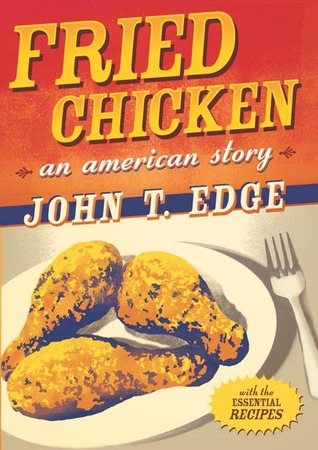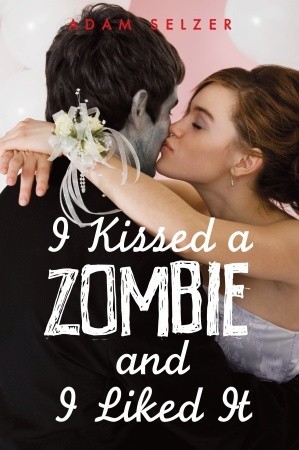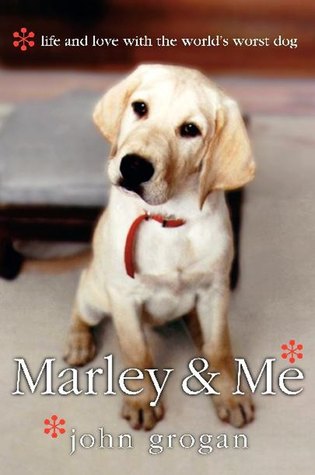 I have dreams of traveling to far off places. But lacking a passport
and the funds I do my traveling through reading. And this was a nice
book to read, although I didn't quite get the vision of Turkey like I
had hoped.
I have dreams of traveling to far off places. But lacking a passport
and the funds I do my traveling through reading. And this was a nice
book to read, although I didn't quite get the vision of Turkey like I
had hoped.Joy Stocke and Angie Brenner meet when they agree to help a friend with a pension (bed & breakfast) she has bought in Turkey. Arriving though, they find the place in deplorable shape and their help no where to be found. After trying to make it work they decide to move on, but by this time have become friends and decide to do their travels around Turkey together. Meeting the local people and seeing some of the historical sites, they come back year after year, to look at different places in Turkey and meet up with old friends (and new!).
I really enjoyed the people that Stocke and Brenner encountered in this book. It's told from their perspectives (and the start of each chapter lets you know who's narrating) and through them we get to become seduced by Turkish men, filled with the warmth of Turkish women's hospitality and all the other emotions that people can evoke in each other. Sure they come across a couple of sleazy people, but there is good and bad in every country in the world. And the two narrators are nice people so they seem to make friends easily. Although I do kind of wonder whatever happens to their mutual friend Wendy from the beginning. Not a lot of explanation is given about her silence in regards to the pension. I do have to say the people were nothing like I had expected. They all seemed to be pretty carefree and hospitable. Either the ladies had good luck in meeting people or they left the majority of the nasty ones out of this book.
I think the first half of the book is the best. There's a lot more description and a lot more of them interacting with the people they meet in the book. The second half combines a lot of trips and they're always on the move and it just feels a little rushed. I do have to say that all of the book had great descriptions of food. It was all I could do not to go look at flights to Turkey just so I could go over and gorge myself on the delicious dishes mentioned in the book. Ok, actually I did look, but just out of curiosity. They were just that good at describing the food. On the scenery though, I had more trouble picturing that in my head. Maybe it's because I picture Turkey as more of a desert country, like Iraq, but I just wasn't getting the images the ladies were trying to describe.
This book made me want to visit Turkey. Sure it wouldn't have taken much for me to want to go, but I think they did a good job of explaining why this book is sub-titled "a love affair". They definitely were able to write and convince me that they loved Turkey.
Anatolian Days & Nights
Copyright 2012
242 pages






















